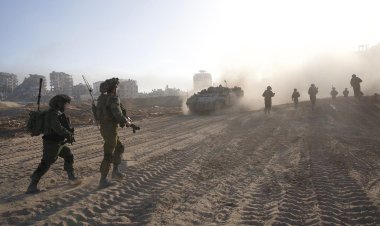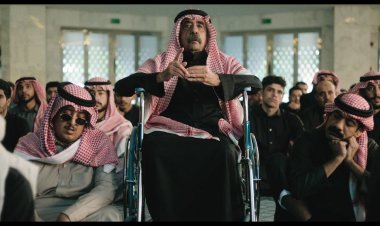What was included in Russia's budget for 2024?
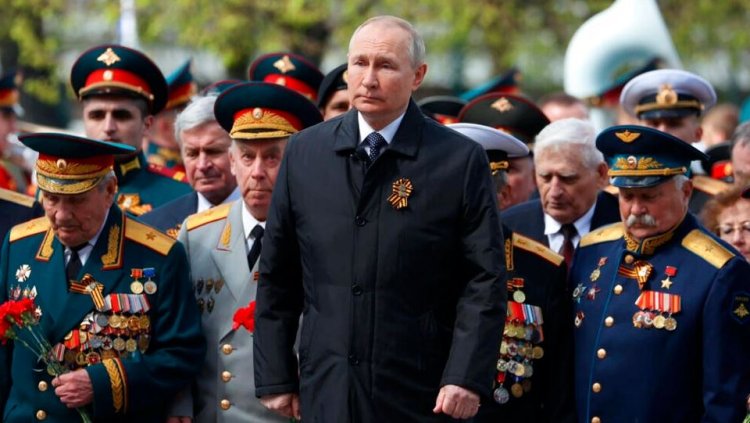
Russian President Vladimir Putin has signed a national budget for the next three years that increases spending by about 25 percent and is said to allocate a record amount to defense as the country's military operation in Ukraine continues.
According to the budget, 36.6 trillion rubles ($415 billion) will be spent in 2024, with an expected deficit of 1.595 trillion rubles ($9.5 billion).
After the lower house of parliament approved the budget, Parliament Speaker Vyacheslav Volodin said it was developed specifically to finance the army and mitigate the impact of international sanctions imposed after Russia sent troops to Ukraine in February 2022.
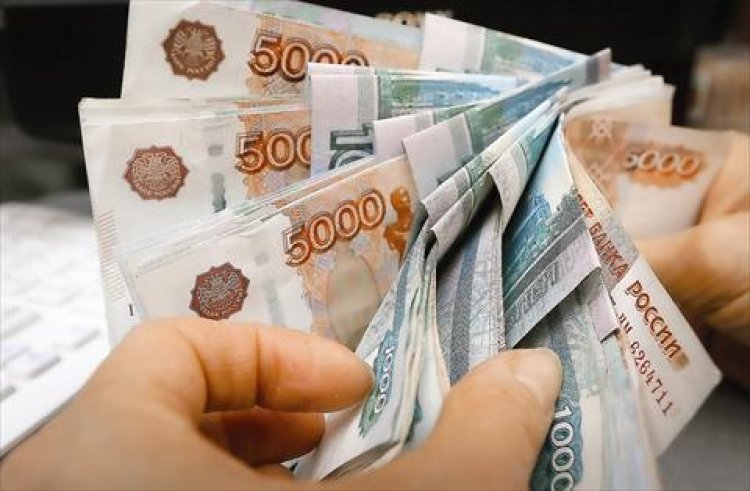
Analysts said record low unemployment rates, rising wages and targeted social spending would help the Kremlin overcome the domestic impact of shifting the economy toward the military, but could pose a problem in the long term.
According to pbs.org, part of the Russian budget is secret, as the Kremlin tries to hide its military plans and avoid scrutiny of its operation in Ukraine. But freelance business journalists Farida Rustamova and Maxim Tovkaylo said this month that about 39 percent of total federal spending will go to defense and law enforcement in 2024.
On the other hand, on Tuesday, Russian Kremlin presidential spokesman Dmitry Peskov accused NATO of seeking to contain Moscow, and in order to do so, it is sacrificing the Ukrainian people in the war against Russia.
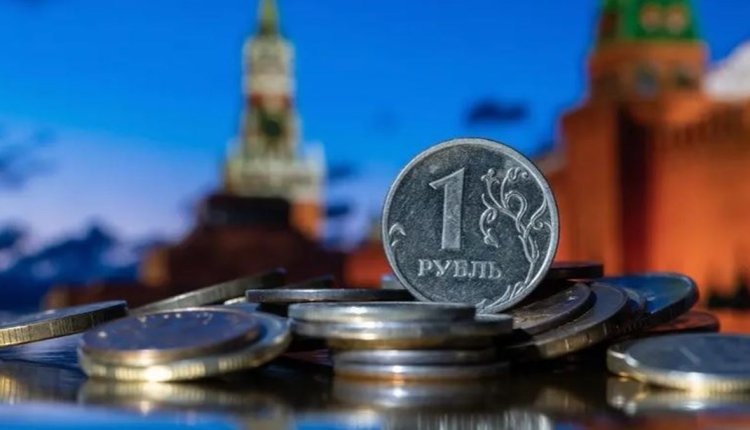
"NATO considers Russia its adversary, and NATO is an alliance that was created as an instrument of confrontation. It was designed as such and its structure was built in such a way that it actually becomes an element of confrontation and a tool to contain our country in one way or another," Peskov said, according to what was reported by the Russian "TASS" news agency.
He added: "Naturally, NATO is analyzing the situation and seeing the real situation, and at the present time the alliance is not abandoning its plans to contain Russia, and has used the Ukrainian people as a scapegoat in the war against Russia."
Peskov stressed that the Russian authorities understand the situation related to NATO well and are building their further policy in accordance with precisely these facts, stressing that the Russian special military operation in Ukraine continues.
Earlier, NATO Secretary-General Jens Stoltenberg said before the meeting of NATO foreign ministers in Brussels that Ukraine's inability to move the front line even with extensive NATO assistance confirms that Russia should not be underestimated, and NATO should continue to support Kiev.


 Shrouq
Shrouq 







